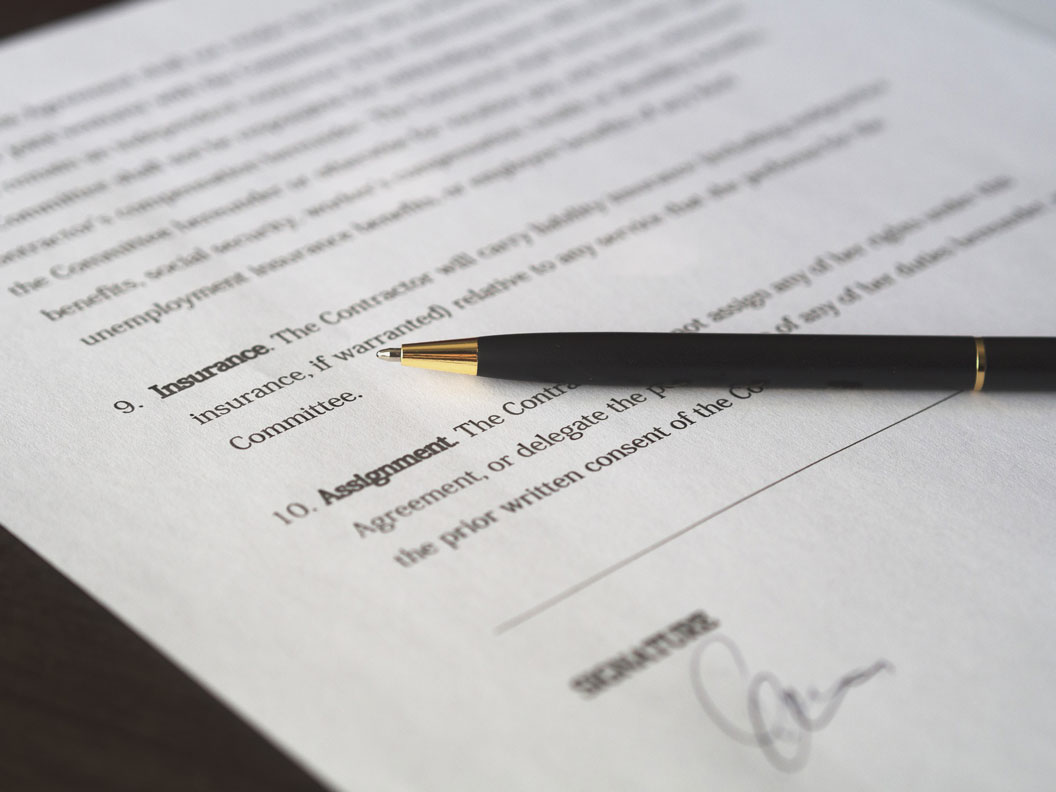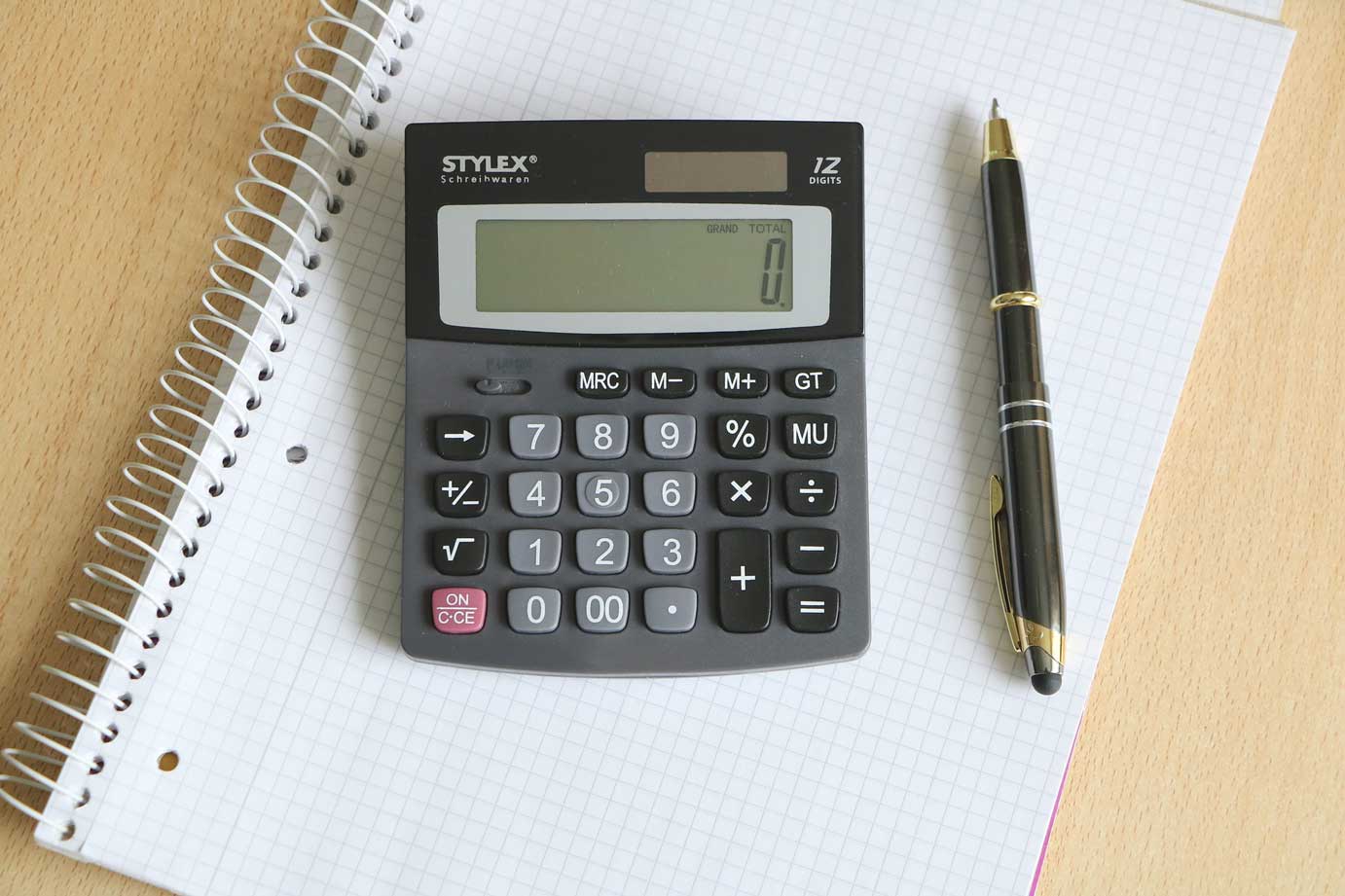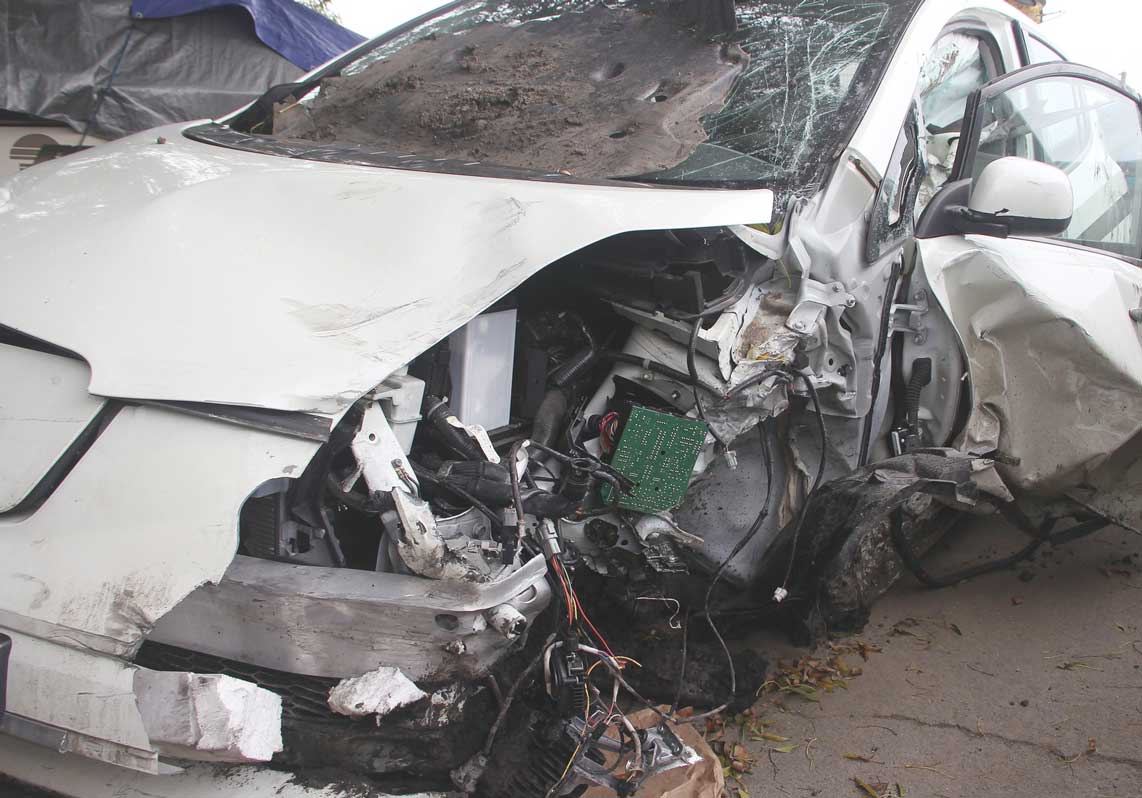How Much is the Average Car Accident Settlement? It Depends!
When you’ve been injured in an automobile accident, all your energy is focused on trying to put your life back together. Naturally, one of the biggest concerns on your mind is how to get the financial help you need. Just how much can you expect to receive in a car accident settlement, you wonder? This […]

March 17, 2016
When you’ve been injured in an automobile accident, all your energy is focused on trying to put your life back together. Naturally, one of the biggest concerns on your mind is how to get the financial help you need. Just how much can you expect to receive in a car accident settlement, you wonder?
This may not be what you want to hear, but the only right answer anyone can give you at this stage of the game is, “It depends!”
Many factors impact the amount of any average auto accident settlement, including:
- The type and duration of the injury you suffered
- The extent of financial costs you incurred because of the accident
- The type of mental and/or medical treatment you received and still need to receive
- How much insurance coverage you have (and how much the driver who caused the accident has)
- Comparative fault
Not only must each one of these factors be considered, but the facts must also be investigated, documented, and evaluated.
After all of those steps have been completed, where will the money come from if you are awarded a settlement? Almost always, the money will be paid by an insurance company.
A Quick Look at Auto Insurance in Indiana

Indiana is what is called a “fault” insurance state. That means that if you were hurt in an auto accident in which another car owner was at fault and you’re seeking compensation for damages, you have the choice of:
- Filing a claim under your own insurance policy
- Pursuing a claim against the other driver’s insurance policy
- Filing a lawsuit against the other driver (you might combine #2 and #3)
In Indiana, owners of registered vehicles are required to demonstrate “financial responsibility” in case there is an accident. Indiana drivers are not required to carry liability car insurance, but if they don’t, they must demonstrate that they have the means to take responsibility in the event of an accident. Typically, this means that only the wealthiest in Indiana can choose not to carry liability car insurance.
Minimum Requirements in Indiana

Each newly written Indiana auto liability policy must include uninsured and underinsured motorist’s coverage unless you reject this in writing.
Minimum liability limits are:
- Uninsured Motorists: Bodily Injury: $25,000/$50,000
- Property Damage: $25,000
- Underinsured Motorists: Bodily Injury: $50,000
The uninsured and underinsured motorists coverage allows you to collect these damages from your own insurance company.
However, even though the nature of the damage and the injury you’ve suffered will influence the amount of your settlement, a major controlling factor is the insurance policy limits.
Other Factors Affecting Your Settlement Amount
Property Damage vs. Personal Injury

If you escaped injury in the car wreck and your claim involved only damage to the car (also known as property damage), your settlement amount will generally be the cost of repairs and/or the cost of replacing parts. If those replacement and repair costs exceed the value of the car, the insurance company may call it a “total loss” and pay you for the depreciated value of the car (which may or may not be enough for you to purchase a replacement car).
If your automobile sustained damage and you were injured as well, the personal injury case will be negotiated separately from the property damage case.
One important thing to understand about insurance settlements is that they’re final. In other words, you receive one, and only one, award. Once you’ve accepted a settlement, even if you later come to realize you need money for further medical treatment, you will have waived your right to any future compensation.
Liens and Fault

When bodily harm results from an auto accident, health insurance companies may also get involved. Your employer’s health insurance plan might allow the health insurance company to place a lien and share in your settlement. If your bills for medical treatment are paid by Medicare or Medicaid, a lien may apply to your settlement as well.
While the type and duration of the injury you suffered and the extent of your financial loss are key in determining the amount of your settlement, you can’t forget that Indiana has a “comparative fault” rule. If it’s determined (based, for example, on the police report of the accident) that you shared 20% of the fault for the accident, your total damages would be reduced by 20%. And, if you are found to be 50% or more at fault, you will not be able to collect from any other at-fault party.
Pain and Suffering

Besides recognizing the financial losses you’ve suffered as a result of the accident, including the present and future medical bills and lost earnings, the law recognizes two types of pain and suffering: physical and mental.
- Physical pain and suffering refers to the discomfort you felt and perhaps continue to feel as the result of your injuries, and also the negative effects your injury is likely to cause you in the future.
- Mental pain and suffering includes emotional injuries, including fear, shock, social or sexual dysfunction, or anxiety resulting from the accident.
When you’ve been injured in an automobile accident, it’s natural to want to get a handle on just how much monetary help you can expect to receive in the form of a settlement. Call Hensley Legal Group today or contact us online to speak with an attorney for a FREE evaluation of your claim. Because there are so many variations and so many different factors involved, the only right answer anyone can give you at this stage of the game is, “It depends!”
Available 24/7
Free Case Review
You won’t pay any fees until we win your case.
It’s easy - you can: